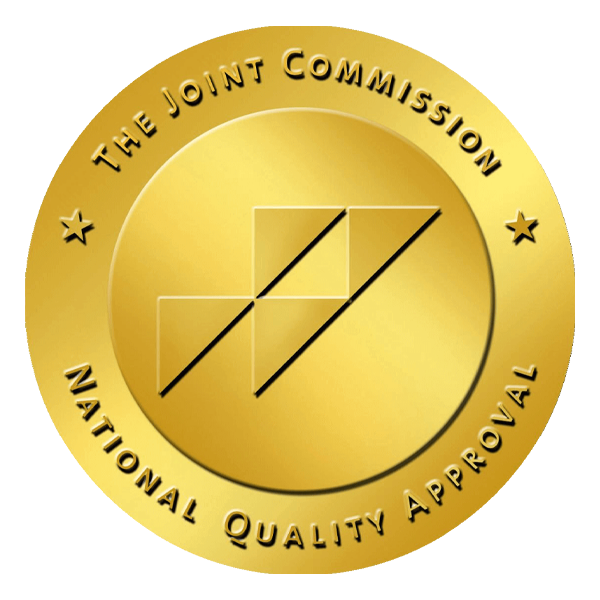Visit Us
Get Directions

Omega Recovery is an accredited national and local provider of mental health & technology addiction treatment services. We develop individually specialized treatment plans to address the following disorders:
Gen Z has emerged as the loneliest generation, largely due to the overwhelming influence of online gaming. Many young people have become so immersed in gaming that they neglect vital aspects of life, such as education and social interactions. This intense focus can lead to isolation and a disconnect from reality, making it difficult for them to develop healthy daily routines and relationships. Resources that address the complex issues surrounding gaming are essential for helping these individuals find balance and reintegrate into everyday life, as they often struggle to navigate the transition back to the real world.
From social media and gaming to scrolling endlessly online, today’s youth are more plugged in when it comes to digital devices. In fact, 50% of teenagers admit they are addicted to their devices, and today, you will learn why! Dr. Phil speaks with Brittney, who says her teenage daughter is so addicted to social media, she resorted to running away from home and living in a tent so her mother cannot restrict her WiFi and social media use. Dr. Phil also speaks with Tammy, who claims her 11-year-old daughter took her own life due to an addiction to social media. Tammy hears for the first time what her daughter posted online weeks before her suicide. Plus, Dr. Phil meets Mark, whose 16-year-old son shot him and then killed his mother after they took away a violent video game he was addicted to. And, Dr. Nicholas Kardaras, who is widely considered the foremost digital addiction expert, explains how screen time can seriously affect the development of a child’s brain.
Our son benefited tremendously from his experience at Omega. Being a gamer had consumed his life to the point that he gave up on his college classes. With help from the staff he was able to develop a new normal away from all electronics and a good structure for daily life. Now he is back in school, and plans to graduate in May. The house staff, as well as the counseling staff, provided feedback while he was there, and we were able to understand more about what he had been through as well as develop a plan for his return. We are grateful that we were able to find a resource that understood the complex issues of gaming.
“Humans simply weren’t genetically designed for technologically driven 21st century living; we weren’t meant to be sedentary, screen-staring, lonely and meaning-devoid beings. Unfortunately, this modern way of life runs counter to our primal needs for human connection, physical activity and a sense of meaning and purpose in our lives. Because of that, we have a modern mental health pandemic with the highest recorded rates of depression, suicide, addiction, loneliness, overdose, anxiety, and ADHD. And Covid only made all these dynamics much worse. Yet most cookie-cutter treatment programs don’t really understand these issues, nor how to treat them. At Omega Recovery, we not only understand these complex issues, but we’ve developed the best clinical program to treat them.”
-Dr. Kardaras


Your treatment is likely to be partially or fully covered with almost any major insurance provider.
Omega Recovery has been recognized as a trusted partner with a legacy of providing high-value, high quality, clinical care for over a decade.
As a Platinum provider and Center of Excellence with Optum and honored National Provider Partner with Blue Cross/Blue Shield, the bar for quality is high.
Our evidence-based programs are delivered across the entire continuum of care to improve and restore quality of life for individuals and their families.
Dr. Kardaras is an Ivy-League educated psychologist, an internationally renowned speaker, and one of the country’s foremost addiction experts.
Traditional Outpatient (OP), Intensive Outpatient (IOP) & Partial Hospitalization
Addicts often find it very difficult to take the first step to recovery on their own. We’ve treated hundreds of people with mental health, technology, and substance abuse addictions. Many claim that it was a loved one who first recommended them to our outpatient rehab program.
Here’s why we’re highly recommended:
Of Clients would HIGHLY
Recommend
Omega Recovery
Of Alumni say their treatment at Omega was a
success
Of clients report that they
are sober after 6 months